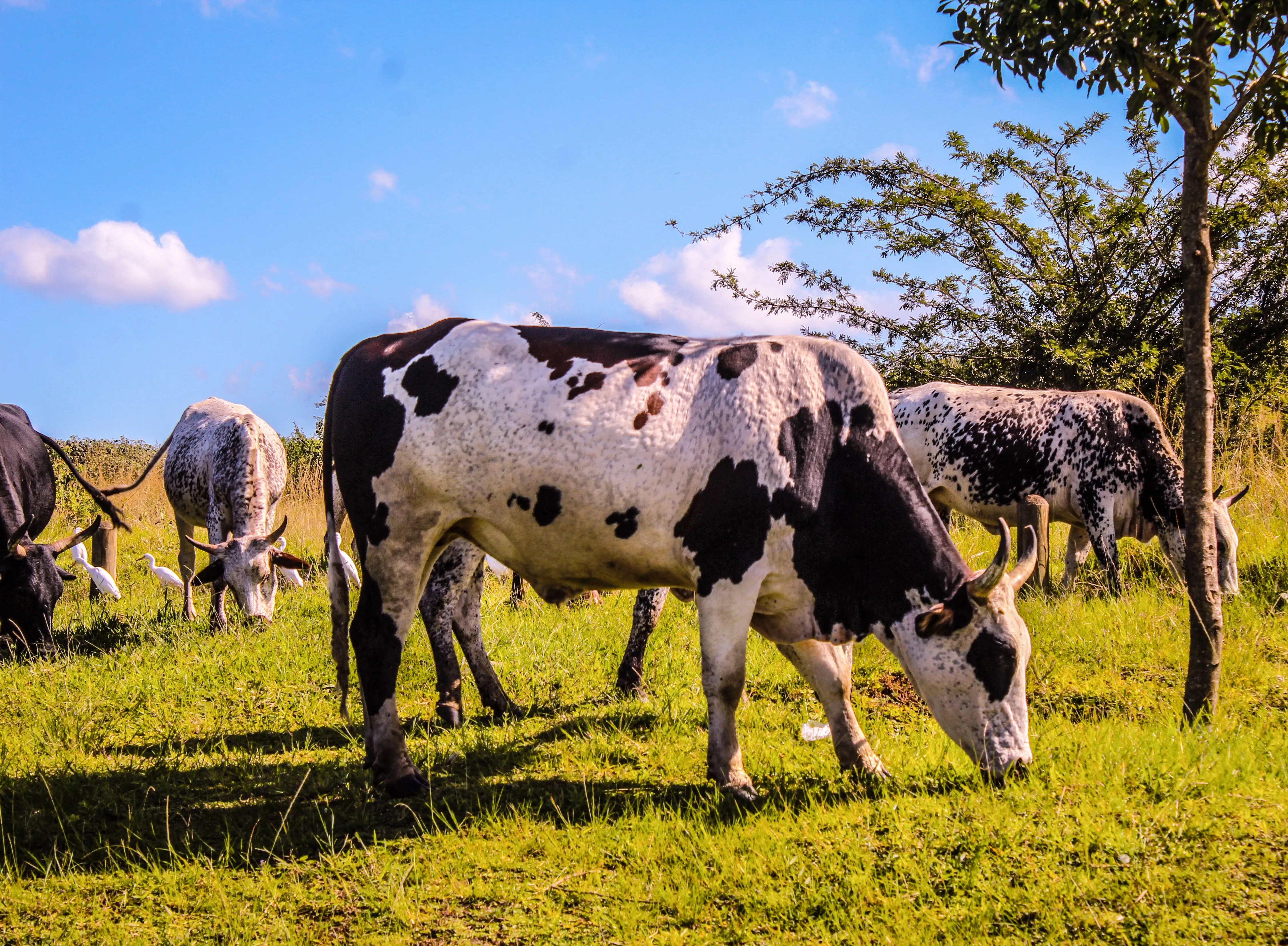Sustainable Livestock Farming: Lowering Emissions
Step into the world of sustainable livestock farming with our enlightening blog post. Learn how adopting eco-friendly livestock practices can significantly lower emissions and contribute to a greener future in agriculture, especially around Bangalore. Discover Vriksha Farms' approach to reducing the carbon footprint in animal husbandry, enhancing both farm productivity and environmental sustainability. Ideal for farmers seeking to blend animal welfare with ecological responsibility.

Introduction
At the heart of sustainable agriculture lies the challenge of reducing emissions from livestock farming. Vriksha Farms, with its roots firmly planted near Bangalore, Kanakapura Road, and throughout Karnataka, is committed to leading this change. In this blog, we aim to guide those investing in agriculture land and interested in sustainable living in understanding and implementing practices that make livestock farming more sustainable and environmentally friendly.
The Impact of Livestock on Greenhouse Gas Emissions
Livestock farming significantly contributes to greenhouse gas (GHG) emissions, primarily through methane released by enteric fermentation in ruminants like cattle and sheep. These emissions are a major concern for sustainable agriculture, especially near urban areas like Bangalore, where balancing agricultural productivity and environmental health is crucial.
Strategies for Lowering Emissions in Livestock Farming
- Improved Animal Diet: Modifying the diet of livestock to include feeds that reduce enteric fermentation can significantly lower methane emissions. This strategy is effective for farms in Karnataka, where diverse feed resources are available.
- Enhanced Manure Management: Implementing efficient manure management systems, such as anaerobic digestion, can reduce methane and nitrous oxide emissions. This practice is particularly suitable for the agricultural landscape around Bangalore and Kanakapura Road.
- Breeding and Genetics: Investing in breeding programs that focus on high-efficiency animals can lead to reduced GHG emissions per unit of animal product produced.
- Grazing Management: Adopting rotational grazing and other sustainable land management practices can enhance carbon sequestration in pasturelands.
- Agroforestry Systems: Integrating livestock with agroforestry practices can offset emissions by increasing carbon storage in trees and soil.
Benefits of Sustainable Livestock Farming
- Reduced Environmental Impact: Lowering emissions contributes to the fight against climate change and aligns with sustainable living principles.
- Enhanced Farm Productivity: Efficient livestock management can lead to healthier animals and higher productivity, which is beneficial for those investing in agriculture land in regions like Bangalore and Karnataka.
- Improved Soil Health: Sustainable grazing and manure management enhance soil fertility and structure.
- Market Advantage: Environmentally conscious consumers are increasingly demanding sustainably produced animal products.
Vriksha Farms' Role in Promoting Sustainable Livestock Farming
At Vriksha Farms, we are dedicated to implementing and promoting sustainable livestock farming practices. Our approach is designed to support those investing in agriculture land, offering them a sustainable and profitable way to engage in livestock farming.
Conclusion
Sustainable livestock farming is a critical component of reducing agriculture's environmental footprint. By adopting these strategies, farmers can contribute significantly to mitigating climate change while enhancing the sustainability and profitability of their operations. Vriksha Farms is at the forefront of this movement, demonstrating that sustainable livestock farming is not only possible but also beneficial for both the environment and the farmer.
